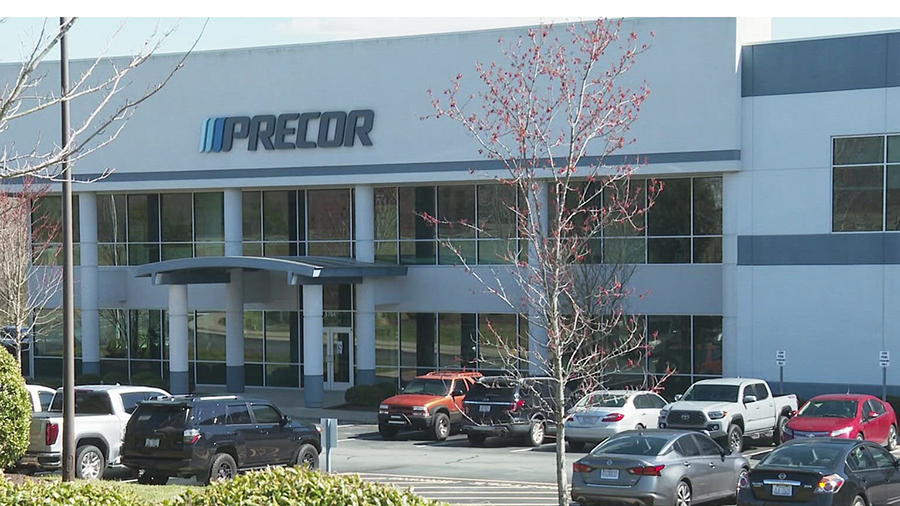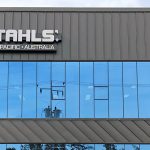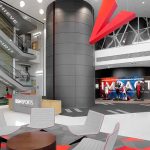Precor, the fitness equipment manufacturer acquired by Peloton in early 2021, is closing its plant in Whitsett, NC, affecting 123 employees.
Precor filed a “Worker Adjustment and Retraining Notification” (WARN notice) with North Carolina’s Commerce Department on the closing. Federal law requires companies with at least 100 full-time employees to provide a minimum of 60 days notice of planned closures that could result in layoffs.
The job reductions began at the 230,000-square-foot facility at 5704 Millstream Road and will continue through October 31. The affected employees received notice of their last date of work.
Precor opened its North Carolina plant in 2010 with an investment of $26 million.
“We can confirm that we eliminated a number of positions across Precor,” Peloton said in a media statement. “These decisions are never easy, and we want to acknowledge the work and contributions of the colleagues who have been directly impacted. The goal of the changes we are making is to strengthen our operations, return Precor to growth and ensure we are delivering on the needs of our customers.”
Peloton acquired Precor for $420 million in April 2021 as it faced challenges keeping up with outsized demand during the earlier stages of the pandemic. The connected fitness manufacturer has since seen demand slow and shifted focus to reduce inventory levels and expenses. The closure is part of Peloton’s broader restructuring, including corporate layoffs.
On a quarterly earnings call on February 1, Peloton admitted it had quietly been pursuing a sale of Precor but now planned to keep the business after failing to get an attractive price.
On the call, Barry McCarthy, CEO and president said Peloton “got pretty far down the path,” but the price the buyer was willing to pay “dramatically dropped” to a point well below what Peloton valued the fitness equipment business. He said, “We walked away from the table. At some point, you’re across a stupid line to the point where you’re unwilling to dance anymore. And that happened for us.”
McCarthy admitted that since the acquisition, Peloton had “done nothing to invest in the performance of the business to its detriment” and even moved key personnel to support Peloton’s hardware business. He said Peloton planned to “reverse course,” bringing in new leadership focused on rightsizing Precor’s cost structure and setting a goal of restoring Precor’s growth.
McCarthy said, “I think we understand how to add some incremental value without great expense and have a disproportionate increase in the value of the business, and the overarching strategy would be to run Precor for the benefit of Precor and to not dilute those efforts for the benefit of our own operating business, run it as a freestanding subsidiary. And so that’s the path we’re on. And when we see success, we will see a dramatic increase in its market value. And then unless we have a shift in strategy where they have a shift in their product strategy. At some point, we would look to divest.”
Photo courtesy Precor
















